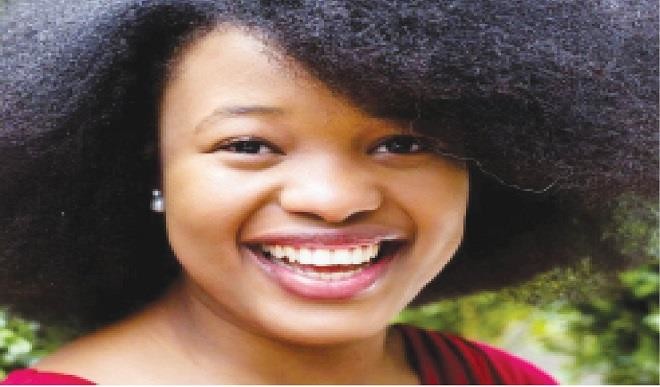High hopes, big city
A review of Chibunu Onuzo’s new novel ‘Welcome to Lagos’ The Lagos novel has become a genre in itself, with an outstanding list of practitioners: Chinua Achebe, Cyprian Ekwensi, Wole Soyinka, Sefi Atta, Ben Okri, Teju Cole … It is almost a rite of passage for Nigerian authors, for Lagos is Nigeria in microcosm, and […]


A review of Chibunu Onuzo’s new novel ‘Welcome to Lagos’
The Lagos novel has become a genre in itself, with an outstanding list of practitioners: Chinua Achebe, Cyprian Ekwensi, Wole Soyinka, Sefi Atta, Ben Okri, Teju Cole … It is almost a rite of passage for Nigerian authors, for Lagos is Nigeria in microcosm, and there is no understanding the country without understanding the city. With her new book, Chibundu Onuzo appears to be seeking to redefine the genre. Her debut novel, The Spider King’s Daughter, also set in Lagos, but its territorial ambition was modest compared with Welcome to Lagos. The classic African novel has always idealised the village, mostly casting it as the repository of order and tradition, while the city is portrayed as its antithesis – chaotic and corrupt, if not downright evil. It is a contest of worldviews: the modern versus the traditional, the foreign versus the indigenous, the old against the new.
Onuzo’s title is an in-joke referencing the fact that, unlike most cities, Lagos has no “Welcome” sign. If there were a sign for the visitor approaching Lagos, it should probably be one of the epigraphs – made-up quotations from an imaginary local newspaper – that she places at the start of each chapter, perhaps the one that reads: “Lagos is no different from anywhere, except there are more people, and more noise, and more.” Despite the cacophony, and that ominous “more”, it has been estimated that about 2,000 souls daily move from countryside to city to realise their dreams – just like the five main characters who arrive there in search of a new start. Chike Ameobi is a military officer, travelling with Yemi, his subaltern, both deserters unable to stomach their commander’s killing of civilians in the Niger delta. On the way, they meet Fineboy, a fighter with one of the myriad rebel groups, pursuing his dream of becoming a radio DJ in Lagos. They also encounter 16-year-old Isoken, whom they save from being raped by Fineboy and his rebel cohorts, and whose father is thought to have been killed by rebels. And last there is the beautiful Oma, runaway wife of a rich but abusive husband.
Onuzo goes against conventional Lagos wisdom: greed is countered with charity, selfishness is juxtaposed with altruism
It’s a promising Dickensian opening, and in true Dickensian style, things quickly get complicated. The five decide to stick together. They all lack what it takes – money or connections – to make it in Lagos. What they do have, though, is hope. They move into an abandoned building which, it transpires, has not actually been vacated. The owner, minister of education Chief Sandayo, stumbles through the door one night on the run from the economic crimes police, carrying a bag containing $10m in cash. The five squatters decide to seize the loot, and to hold the minister prisoner. And now the central question becomes what to do with the money.
With Nollywood-like storylines and clever turns in plot, the book paints an entertaining and funny picture of Lagos life and Nigerian politics. Matters take a moralistic turn when the group decides to use the money to build schools and improve the life of the deprived masses, victims of politicians such as Chief Sandayo. Each morning they go out on a shopping spree, buying computers and books and playground equipment, and at night they return to their subterranean shelter to home-cooked meals from Oma, and a Bible reading by Chike.
We sense Onuzo’s attempt to go against the conventional wisdom of Lagos. Greed is countered with charity, selfishness is juxtaposed with altruism. She seems to be imposing a traditional African moral vision on the city, and maybe even expressing a wishful vision of her country, of different “tribes” living harmoniously under one roof, each striving for the betterment of the whole. Onuzo’s portrayal of human character is often too optimistic, her view of politics and society too charitable; but her ability to bring her characters to life, including the city of Lagos, perhaps the best-painted character of all, is impressive.
Helon Habila’s Oil on Water is published by Penguin. Welcome to Lagos is published by Faber.
Source: Theguardian.com
